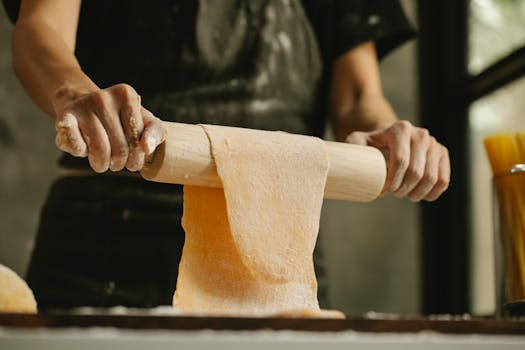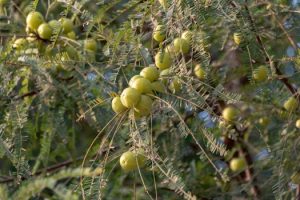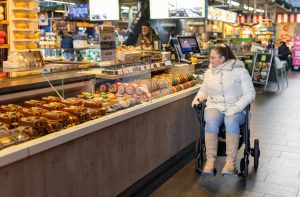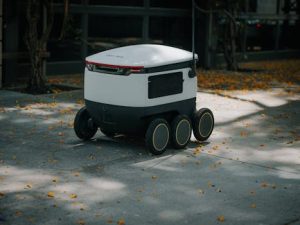AI in Food Production: Optimizing Processes and Reducing Waste
Welcome to the age of artificial intelligence (AI), where smart machines are revolutionizing industries and transforming the way we live and work. One of the sectors that is greatly benefiting from AI is food production. With the global population expected to reach 9.7 billion by 2050, food production needs to increase by 70% to meet the rising demand. At the same time, food producers are constantly struggling with issues like reducing waste and optimizing processes to meet quality standards and increase efficiency. This is where AI comes in, offering a solution to these challenges and revolutionizing the food production industry.
The Role of AI in Food Production
AI refers to the simulation of human intelligence processes by machines, particularly computer systems. It involves the development of algorithms that enable machines to learn from data, identify patterns, and make decisions with minimal human intervention. In the food production industry, AI is used to optimize processes, reduce waste, improve food safety, and enhance product quality.
Optimizing Processes
One of the biggest advantages of using AI in food production is the optimization of processes. With the vast amount of data generated in the production process, AI algorithms can analyze and identify patterns to optimize various stages, from planting to harvesting and packaging. This helps in reducing labor costs, improving efficiency, and increasing productivity. For instance, AI-powered robots can be used for selective harvesting, reducing the risk of damaging crops and increasing yield.
Reducing Waste
A staggering one-third of the food produced globally goes to waste, leading to significant economic and environmental impacts. AI can help reduce this waste by predicting the demand for different food products and optimizing inventory levels. This ensures that there is no excess or shortage of food products, ultimately reducing waste. Additionally, AI-powered sensors can be used to monitor food quality and freshness, reducing the chances of spoiled or expired food products ending up in the market.
Improving Food Quality and Safety
Food safety and quality are crucial in the food production industry. AI can enhance both by continuously monitoring the production process, identifying any potential hazards, and ensuring that food safety standards are met. This, in turn, reduces the chances of foodborne illnesses and improves consumer trust in food products. AI can also help in improving food quality by analyzing data and identifying ways to enhance taste, texture, and nutritional value.
The Future of AI in Food Production
The use of AI in food production is still in its early stages, but the potential impact is immense. With advancements in technology, we can expect to see even more benefits and innovations in the future. Some potential future applications of AI in food production include:
Smart Supply Chain Management
AI can be used to optimize supply chains by predicting demand, optimizing inventory levels, and identifying the most efficient transportation routes. This can help in reducing costs and optimizing logistics, ultimately benefiting producers, retailers, and consumers.
Precision Farming
With the use of sensors, drones, and AI algorithms, precision farming can become a reality. This involves gathering data about various factors, such as soil moisture and nutrient levels, to make informed decisions about irrigation, fertilization, and other farming practices. This not only helps in optimizing crop yield but also reduces the use of resources like water and fertilizers.
Personalized Nutrition
Using AI, food producers can analyze data about individuals’ diet, lifestyle, and health to create personalized nutrition plans. This can help in promoting healthier eating habits and reducing the risk of diseases.
In conclusion, AI is transforming the food production industry by optimizing processes, reducing waste, and improving food quality and safety. With continuous advancements and innovations, the potential benefits of AI in food production are endless, and we can expect to see even more advancements in the years to come.










